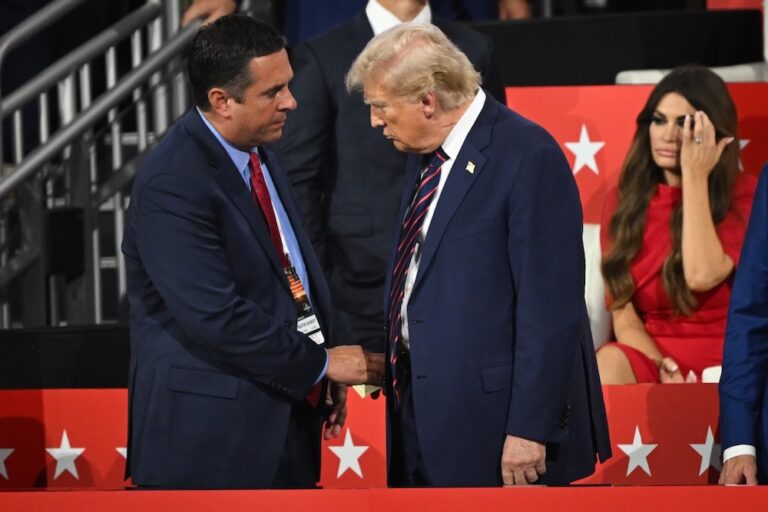(IAPA/IFEX) – The following is a 15 June 2006 IAPA press release: IAPA protests expulsion of reporters from Guantánamo MIAMI, Florida (June 15, 2006) – The Inter American Press Association (IAPA) today protested the expulsion of three reporters from the United States naval base in Guantánamo Bay, Cuba, saying the action amounted to censorship. Carol […]
(IAPA/IFEX) – The following is a 15 June 2006 IAPA press release:
IAPA protests expulsion of reporters from Guantánamo
MIAMI, Florida (June 15, 2006) – The Inter American Press Association (IAPA) today protested the expulsion of three reporters from the United States naval base in Guantánamo Bay, Cuba, saying the action amounted to censorship.
Carol Rosenberg from The Miami Herald, Miami, Florida, Michael Gordon from The Charlotte Observer, Charlotte, North Carolina, and Carol Williams from the Los Angeles Times, Los Angeles, California, went to the prison camp to look in into reports that three men being held there had committed suicide last Saturday. The U.S. Department of Defense on Wednesday ordered them to leave the base before they could finish their investigations.
The chairman of IAPA’s Committee on Freedom of the Press and Information, Gonzalo Marroquín, declared, “We are concerned that this is an act of censorship and prevents news coverage by the press on what is happening at the Guantánamo base, just at a time when the base is coming under international public scrutiny.”
Marroquín, editor of the Guatemala City, Guatemala, newspaper Prensa Libre, agreed with The Miami Herald executive editor Tom Fiedler who, after calling for his reporter to be allowed to remain at the base, said it would be “in the best interests of the Department of Defense to allow independent reporting.”
Nearly 500 prisoners accused of having links with terrorist groups are being held at Guantánamo.
The IAPA recalled that at its meetings in Quito, Ecuador, in March this year and in Indianapolis, Indiana, last October it had expressed great concern at repeated actions by the U.S. government that it saw as setbacks to press freedom and the free practice of journalism that were eroding the public’s right to know.
“The United States authorities must understand the importance of freedom of the press and the unfettered practice of journalism being respected as fundamental values in any democratic society,” Marroquín said.


